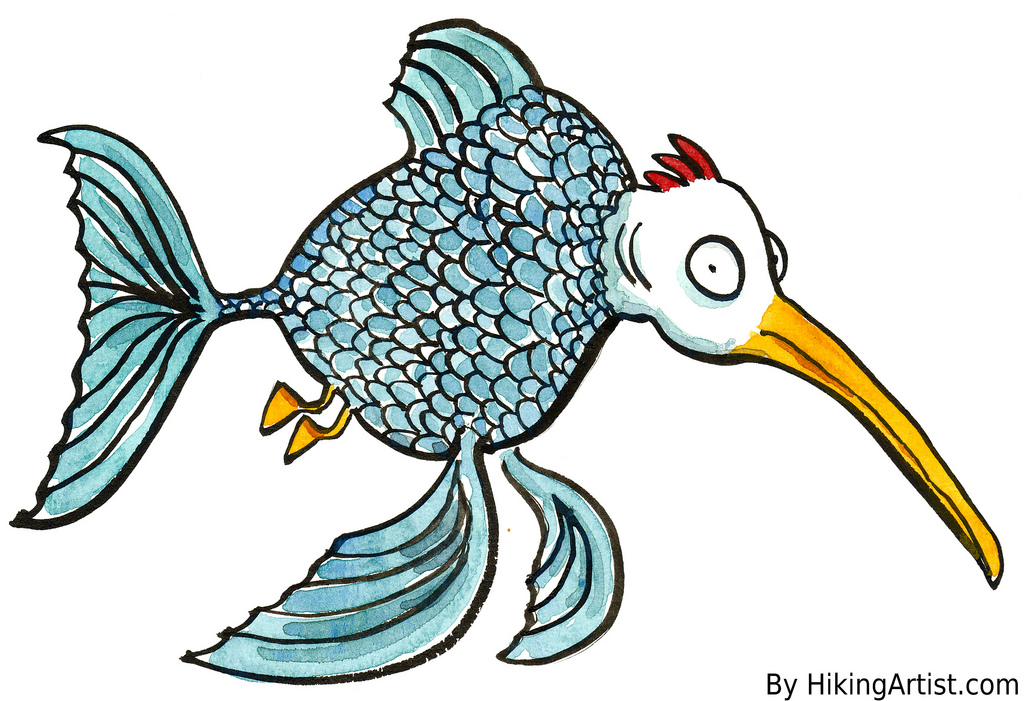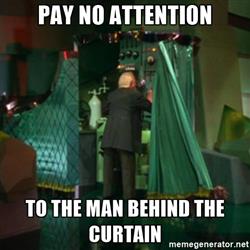I often joke that I haven’t decided what I am going to do when I grow up. It’s a way of using my self-deprecating humour to deflect awkward questions about what I am doing. Like everyone else, I am just making it up as I go along but I don’t want to admit that I am winging it.
Like all the best jokes, it has more than a little basis in truth. I really haven’t decided on the one thing I am going to do, the single career, the identifiable profession that can be contain in a neat little box so that everyone can see it and know what it is. The thing is, I don’t think I ever will. I am just not like that.
It’s not that I am scared of commitment, or that I don’t take life seriously, or that I am indecisive (although other may disagree!). It’s just that I like to have variety in my life. I am interested in many different things. My curiosity takes me in many different directions. Just doing one thing, being one thing – well, that sounds like hell to me.
I know you are probably thinking “Uh-oh, a jack of all trades and master of none”, because that’s the normal way we put people down who do multiple things. Such is the cult of specialisation in our society today that anyone who doesn’t go down a single path is seen as deviant, some sort of misanthrope to be pilloried and denigrated. But let’s look at the full quote,
Jack of all trades, master of none,
though oftentimes better than master of one.
You see, having multiple skills and interests is really strength, not a weakness. It’s a strength that’s increasingly sought after as employers look for people who are able to fulfil multiple roles and adapt to meet the rapidly changing requirements of business today.
In fact, specialisation can become a bad thing, a trap for us as we hit the middle of our careers. It’s been defined as ’Over-competence’, the situation where an individual has become so good at their specialisation that they can’t escape it. They are so valuable because of the large revenues they can generate for their employer or themselves that the opportunity cost of doing something else is too high. However, the work no longer challenges them or stretches them and they lack opportunity for personal or professional growth.
So being a ‘Jack of all trades’ is no bad thing. It is a positive virtue that allows for personal growth and development. It is the way to become the ‘best you’ you can be.
What’s more, I am not alone. There are loads of us out there, people who never quite fit into one role, never quite manage to stay in the box that we are given. There are lots of names for us too (no, not those sorts of names. Positive descriptors!).
‘Scanners’ is a term that has been around for some time, originally coined by Barbara Sher, the original advocate of creating your own job (and also promoted by John Williams, author of “Screw Work, Let’s Play”). People who are just too curious to stick to one thing, who have multiple passions and ideas and inspirations.
Or if you prefer, you can call yourself a multi-potentialite, a neo-generalist or someone with a renaissance soul.
Marianne Cantwell, author of Free Range Humans, and someone who I have worked with to develop my own ‘free range’ career, has given an excellent TEDx talk where she talks about ‘Liminality’, this state of not ever being one thing or another but being somewhere in-between. When you are in a group but still seem to have a foot outside. When there always seems to be a bit of you that doesn’t quite fit.
And here’s the thing. Whatever of these descriptions you feel best suits you, you feel a bit ashamed because you aren’t quite what society expects you to be. You are supposed to fit in a box (because that makes it easier for everyone else) but you just don’t, just can’t, just won’t. You are doing ‘grown up’ properly. You aren’t ‘adulting’ in the right way.
This is where it gets really serious and why this is important. That shame that you feel is completely mis-placed but, more importantly, extremely dangerous. It’s corrosive, debilitating and doing you harm every day. Furthermore, it is a barrier to you making the best of your talents, making the best of yourself and bringing your best stuff to the world.
Far from feeling shame, you should be proud of your breadth and spread, your scanning abilities, your boundless curiosity, your multiple passions and interests, your ability to find the spaces in between that everyone else misses. We are the innovators, the creators, the change-makers. We find the connections that others can’t see, we brew up the concoctions that no-one else can cook up, we see a future that no-one else can imagine.
The world needs us to stay young, stay curious, keep playing and keep exploring. We aren’t meant to settle down and stay in a box, we are meant to find new places to play and to live and to grow.
So never grow up. Don’t decide what you are going to do. Decide who you are going to be.
Join us at After the Mothership where we’re all figuring out what to do when we grow up.
Get involved in our private Facebook group HERE
or come along to our monthly “After the Mothership LIVE!” meeting in London. Book your place for our September event HERE.










 It doesn’t mean you can’t buy boy’s toys if that’s what you really want. The difference is that you just buy them as toys and not as distractions from reality.
It doesn’t mean you can’t buy boy’s toys if that’s what you really want. The difference is that you just buy them as toys and not as distractions from reality.